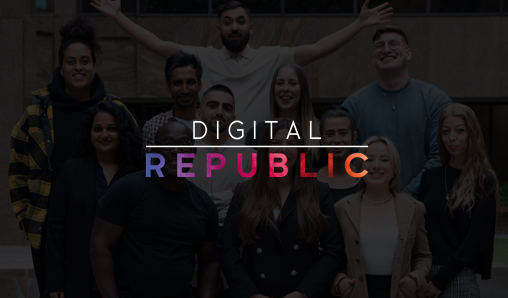It’s an all-too-familiar scenario: you are in the middle of a job interview when an interviewer lobs in a question which completely throws you. Your mind goes blank, your confidence wavers and your chances of being hired evaporates.
One of the keys to a successful interview is being able to anticipate these curve balls and hit them back with the right technique.
Careers consultant for Graduate Prospects Michael Cox said: “The main problem at interviews is people tend to panic when they are thrown by a question – their first impulse is to babble. Instead, to gain thinking time, ask the interview to explain what they mean by the question.”
Director of Voice business, a company which specialises in presentation skills, Cordelia Ditton said: “When your mind goes blank, breathe out as it relieves tension, then breathe in through your nose and nod wisely. This sends oxygen to the brain, gives you time to think and makes you look composed.”
The best way to make sure you’re not stumped by a question says Michael is to do plenty of preparation for the interview. “Research the organisation by looking at their website,” he said, “and, if possible, talk to people who already work there or in the same sector.”
Michael’s tips for tackling ten of the most lethal interview questions.
1.Tell me about yourself
This apparently innocuous question is posed to try and relax you at the beginning of an interview, but it often has the opposite effect.
“The impulse is to rattle on about your life, but the key is to remember that every question is an opportunity.
“Talk about achievements and work experiences that are relevant to the job. If you are a recent graduate and don’t have any work experience then talk about the relevant skills you gained at university such as researching and analysing information.”
“This is an opportunity to show that you know a little bit about the company, its background and training programmes.”
3. Give an example of where you’ve been able to use your leadership skills
“If you are going into a management programme they might ask this. It can seem tricky if you’re just out of university and you think you haven’t had a job.
“Leadership comes in all facets of life – through clubs or societies, through managing your local football team. Try to bring it up to date as much as possible rather than harking back to school days when you were a perfect.”
4. The hypothetical scenario
On the Guardian’s career forum one poster tells how as a recent graduate she went for a job as an editorial assistant at a magazine and was asked tough questions about front cover decisions and commissioning strategy. It turned out the job was more senior than had been advertised. How do you tackle hypothetical scenarios that are beyond your experience?
Michael Cox said: “There isn’t necessarily a right or a wrong answer to these kind of competency-based questions. If you are just out of university, the interviewer knows that, and wants to hear you talk through your thought processes as you attempt to solve the problem.”
6. What are your strengths and weaknesses?
“Talk about strengths that will be useful in the job and about weaknesses that are irrelevant to the job. But I’d advise against say you’re too hardworking, for example, as a weakness, as it just sounds creepy.”
7. Where do you see yourself in five years?
“Again this is about researching the job and knowing the career structure. You have to be realistic, so avoid saying you expect to be the managing director as this just sounds arrogant.”
8. What is your greatest achievement?
“Make it relevant to the job. Identify the skills they are looking for and match them to the achievement. There’s no point saying it was spending the night up a mountain in Wales with three friends if you don’t say how that experience is going to help you do the job.
“Before the interview sit down with a pen and paper and jot down your achievements and their relevance to the job.”
9. Do you have any questions for us?
“It’s important to show you have been thinking and listening during the interview. Don’t ask any questions about areas that have already been covered just because you’ve prepared that question. Instead, you can develop it, and say: ‘I was interested in what you were saying on such and such a subject, can you expand on it?’
You can also ask about start dates as this shows confidence. Say something like: ‘assuming this interview has gone well and it’s a success, when would you expect me to start?'”
10. Personal questions
Recruiters must not discriminate on the grounds of gender, race, religion, sexual orientation, age or disability. If you feel uncomfortable about a particular question or line of questioning, you could say ‘I’m sorry but I don’t feel comfortable answering that question’.
In the Guardian’s career forum, one postor told how she was asked if she was planning to start a family, with the implication the interviewer would not be happy if she was going to take maternity leave anytime soon.
Michael Cox said: “This is broaching your civil rights, but a simple answer is to say: ‘It’s a difficult question, but quite honestly it’s not going to impact on the job.'”




